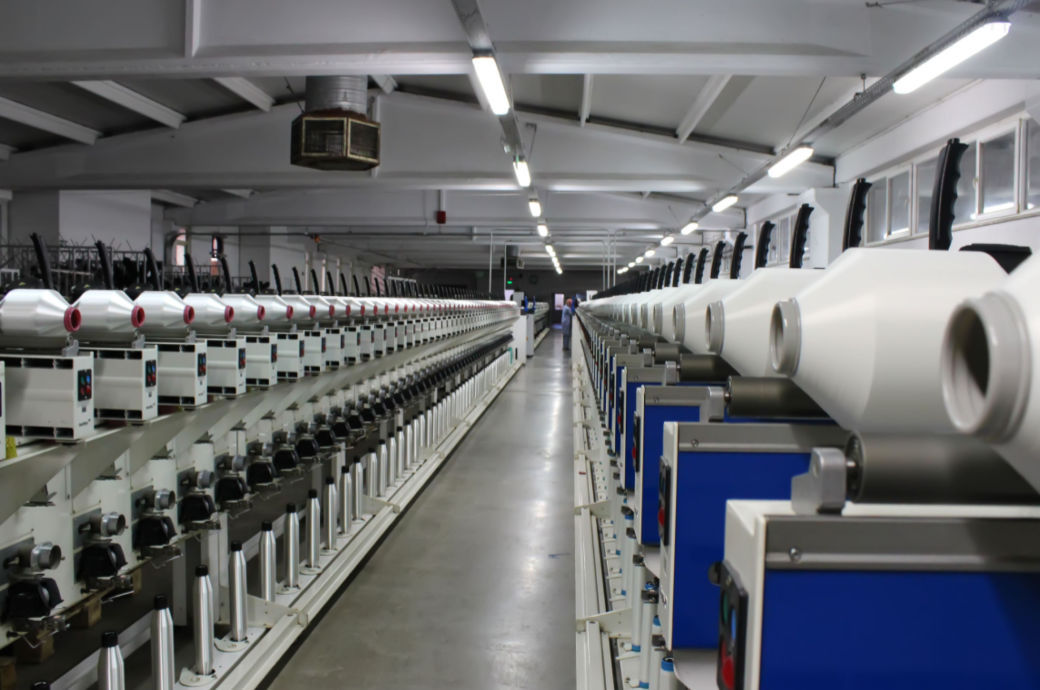
Overall, a survey by the group suggests that despite global and domestic economic headwinds, demand has remained strong, and inflationary pressure continues to build suggesting that inflation is yet to peak.
After a steady decline over recent months, confidence rose to +7 index points—a marked rally in the face of headwinds from inflation and rising interest rates, as well as a deteriorating global economic outlook the group said.
The strength in conditions remained broad-based across states and industries, with a notable pickup in the construction sector.
Capacity utilisation rose to a record 86.7 per cent—well above the long-run average of 81.1 per cent, suggesting the economy could be running up against capacity constraints. It was 84.9 per cent in June.
Further evidence the economy is reaching its limits comes from cost indicators, which jumped higher again in July after hitting new records in June.
The strength in demand continues to allow firms to pass higher costs onto their customers, with overall product prices growing at 2.7 per cent and retail prices growing at 3.3 per cent—both at new highs.
“Businesses are continuing to report that conditions are really strong,” said NAB Group chief economist Alan Oster.
“While some of the real time data we look at is showing signs of softening, there are no signs of that in the survey with demand at a really high level. Importantly, the strength is showing up across the board in terms of industries and across the country,” he said.
“Inflation and rising interest rates are clouding the outlook, and there are growing concerns about the global economy, but businesses seem to have a fairly positive outlook at the moment. Forward orders are also fairly strong at +10 index points which also supports the outlook,” Oster said.
“After a record quarter of inflation in Q2, the survey suggests cost and price growth have escalated further in July. For now, it appears firms are still finding that they can pass on higher costs to their customers, but it remains to be seen how long that can last before demand starts to deteriorate,” he added.
Fibre2Fashion News Desk (DS)